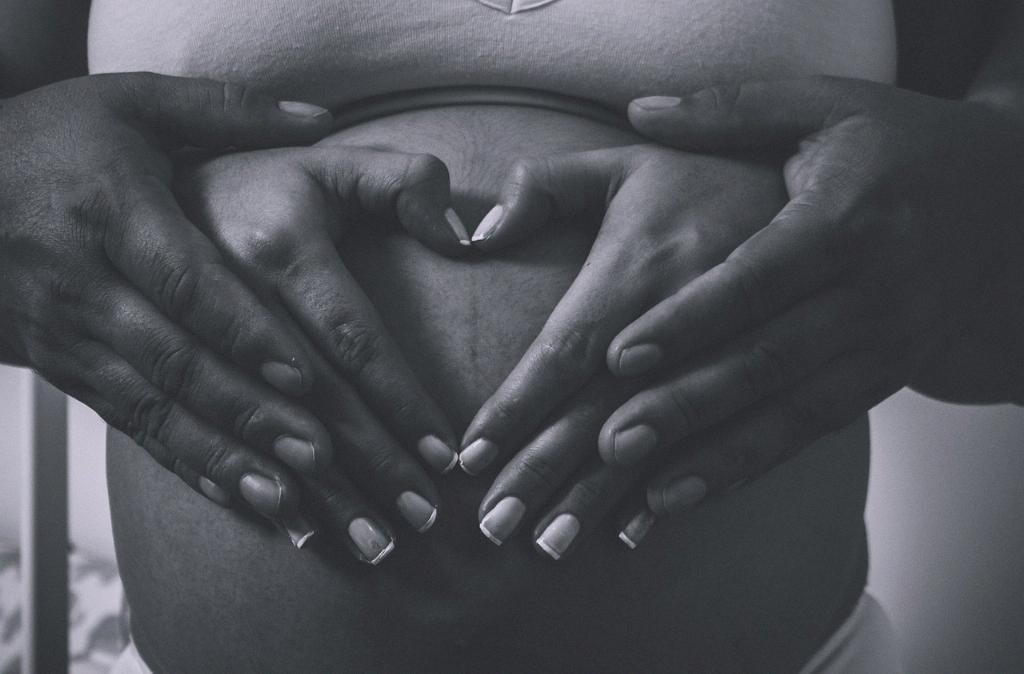When it comes to understanding ectopic pregnancy, it’s crucial to recognize the most common presenting symptoms in order to seek prompt medical attention and treatment. An ectopic pregnancy occurs when a fertilized egg implants itself outside of the uterus, typically in the fallopian tubes. As such, the symptoms can be subtle at first, but it’s essential to be aware of them for early detection.
One of the hallmark symptoms of an ectopic pregnancy is abdominal pain. This pain is often sharp and can be felt on one side of the abdomen. It may come and go or persist for an extended period. The intensity of the pain can vary from person to person, but if you experience severe abdominal pain, especially in conjunction with other symptoms, it’s crucial to seek medical help immediately.
Another common symptom of an ectopic pregnancy is vaginal bleeding. This bleeding can range from light spotting to heavier bleeding, resembling a menstrual period. It may be accompanied by abdominal cramping or pain. It’s important to note that any unexplained vaginal bleeding during pregnancy should be evaluated by a healthcare provider to rule out any potential complications.
Amenorrhea, the absence of menstruation, is another key symptom of ectopic pregnancy. While a missed period can occur for various reasons, in the context of other symptoms such as abdominal pain and vaginal bleeding, it could indicate an ectopic pregnancy. Additionally, a positive urinary pregnancy test despite experiencing these symptoms can raise suspicion of an ectopic pregnancy.
It’s important to be aware that the classic triad of symptoms—abdominal pain, vaginal bleeding, and amenorrhea—may not always present together in every case of ectopic pregnancy. Some individuals may experience a combination of these symptoms, while others may have atypical presentations, making diagnosis challenging. As such, any concerning symptoms during early pregnancy should be evaluated promptly.
Other less common symptoms of ectopic pregnancy may include shoulder tip pain, dizziness, weakness, or fainting. These symptoms can occur due to internal bleeding and should not be ignored. If you experience any of these symptoms in addition to abdominal pain and vaginal bleeding, it’s crucial to seek medical attention immediately to prevent serious complications.
In some cases, an ectopic pregnancy may rupture, leading to severe abdominal pain, dizziness, fainting, and signs of shock such as rapid heartbeat and low blood pressure. This is a medical emergency requiring immediate intervention. Prompt diagnosis and treatment are essential to prevent life-threatening complications associated with a ruptured ectopic pregnancy.
It’s essential to emphasize that early detection and management of ectopic pregnancy are crucial for the well-being of the individual. If you experience any concerning symptoms, particularly if you have a history of ectopic pregnancy or pelvic inflammatory disease, it’s important to consult with a healthcare provider promptly. Timely intervention can help prevent serious complications and ensure the best possible outcome.
In conclusion, being aware of the common presenting symptoms of ectopic pregnancy is vital for early detection and treatment. While abdominal pain, vaginal bleeding, and amenorrhea are key indicators, it’s essential to consider other symptoms such as shoulder tip pain, dizziness, and fainting. If you suspect an ectopic pregnancy or experience any concerning symptoms, don’t hesitate to seek medical attention for a thorough evaluation and appropriate management.

